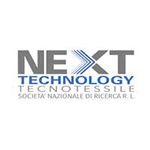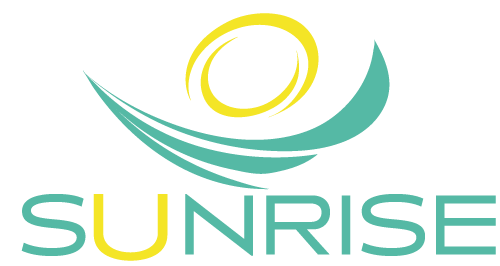
Description
NTT is a private non-profit research company established in Prato (Italy) since 1972. It has a staff of around 13 people, including employees and in-house consultants. NTT represents a reference point for research and technological innovation in the textile sector in Italy. The company is actively involved in research and demonstration projects on textile processing (including wastewater treatment) and textile machinery design realised at regional, national and European level.
NTT is a hub that operates as a connection between research and companies of the T&A sector. It provides services regarding prototyping machines and product innovation in particular regarding smart and intelligent textiles and their innovative function (protective and comfort clothing, cosmetic textiles, electromagnetic waves shielding and innovative finishing treatments). NTT is equipped with devices and prototypes (systems for advanced 2D and 3D design and weaving, electron beam pilot plant, lab machine for plasma and microwave treatments, creation of nonwoven textiles, 3D printer…).
NTT has a wide network of business with private industries, providing them technological and advanced services, and represents today a reference point for research and technological innovation in the textile and textile machinery sectors, including, over the 35 industrial member, a number clients of around 200 companies and business organisations. Since 2011 NTT is the leading managing body of OTIR2020, a recently established cluster organisation, working in fashion key sectors of the Tuscan manufacturing economy. OTIR2020 principal aims are the operational support in the innovation process and technology transfer in favour of local companies, providing technical assistance and support for the development of new R&D based projects. OTIR2020 nowadays associates around 480 companies from Tuscany region operating in the fashion value chain (textile, clothing, leather, tanning, shoe manufacturing, jewellery).
Role in the project
NTT will be involved in the following tasks:
Task 1.2. Fine definition of requirements of other recycled PVB fractions
Task 2.2. Mechano-chemical recycling tests, optimization of parameters according to PVB initial conditions and classifications
Task 4.4. Characterisation of recycled PVB flakes
Task 5.3. Production of re-PVB in dispersion for textile applications
Task 6.3. Production of carpets
